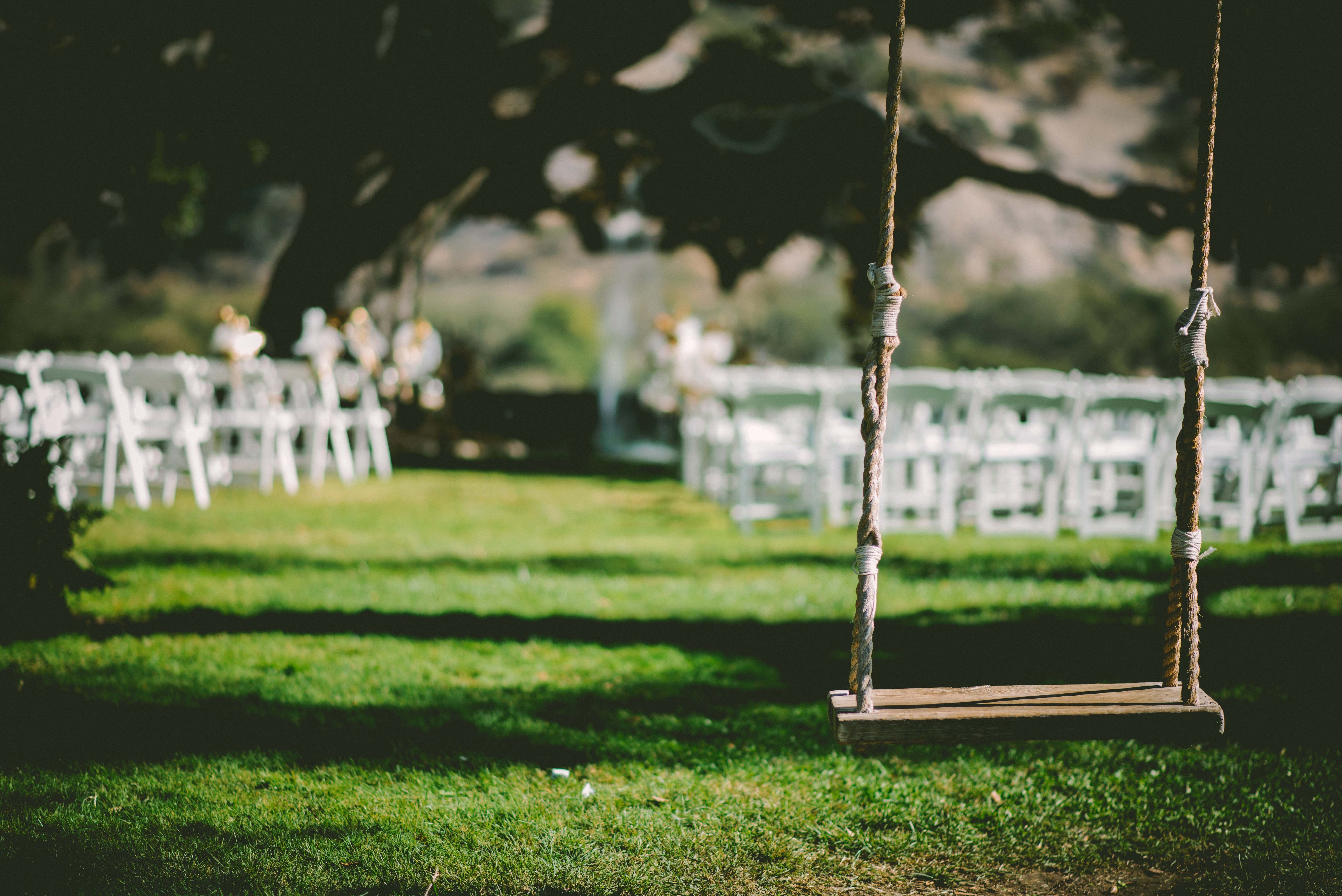The term “pro-life” rose up in 1971 among those who opposed the Roe v. Wade decision which legalized abortion. A decision, to this day, which has caused many within religious and nonreligious circles to ponder upon what it means for a woman to determine the fate of the fetus within her. A decision which has caused conversations of life, death, hell, and condemnation to develop and evolve. A decision which a has made headlines and even fueled an electoral race between a celebrity candidate and one of recorded service and sacrifice. Nevertheless, the phrase “pro-life,” the label “pro-life” was abused, misconstrued, manipulated, and distorted for the sake of slander and votes.
This is not an article arguing for or against abortion or self-determination of women’s rights, instead here lies a challenge. Here lies a different and extended view on this term. To be “pro-life” or a “pro-lifer” is one opposed to abortion. We know abortion to be the termination of a pregnancy which results in the death of the embryo or fetus. Such a decision halts life, prevents the formation of life, prohibits the birth of promise, disables the possibility of change, and ends the heritage of God from coming into fruition. Yet, I ask you today, “What do you do when your government shouts pro-life, but chooses abortion?”
The public schools of Detroit, the water of Flint, the blatant police brutality across our nation, the overwhelming endorsement of institutionalized racism, the approval of xenophobia, the reallocation of funding to school choice while abandoning public education, the continual redlining and gerrymandering, are seemingly endless acts of abortion committed not just within our governments, too amongst our citizens. Those who sit silently as black communities are disproportionately neglected without adequate schools, quality teachers, job opportunities, public resources. For those plagued with political corruption, abused by media manipulation, and framed by false narratives and moderately developed stereotypes. You, yes you, are committing abortion.
Deliberate actions as those highlighted above and the silence of our neighbors does not scream “pro-life,” it shouts “abortion.” Therefore, I pose these questions. Just how “pro-life” are you? Is it limited to the ones who share your characteristics or is it extended to those who lack your privilege? Just how “pro-life” are you when your apathy, bigotry, racism, xenophobia, homophobia, and supremacy halts the life of the ones you cry about? Just how are you “pro-life” when you provide medical resources for the suburban white woman, yet abandon inner city black mothers? Just how are you “pro-life” when you remove all of the resources for the life of said child to be prolonged and productive? Just how are you “pro-life” when education and health care are not a right for all, but a choice? Just how are you “pro-life” when your love is void of justice? Pro-life begins with providing resources not only to the mother and her fetus, it too is providing resources (financial, educational, recreational, etc.) into the places which children both currently and will reside.
The birth of a child is the birth of heritage, promise, and life regardless of whom the mother and father may be. The birth of a child is the manifestation of God’s goodness, wonder, and mystery regardless of where they’re born. The birth of a child is the birth of hope, love, and unseen potential in a world plagued by its adversaries. And just as the birth of child contains such blessings, so does the life of the 12-year-old black boy in Chicago, the 18 young black lady who is a senior in high school in rural South Carolina, and the 22-year-old black young man who is now a college graduate and preparing to achieve his Masters of Divinity. Just as the life of the expected fetus matters, so too does the life of the continually developing descendant. Consequently, I ask you, just how “pro-life” are you?
“When the human race neglects its weaker members, when the family neglects its weakest one – it’s the first blow in a suicidal movement.”
—Maya Angelou
